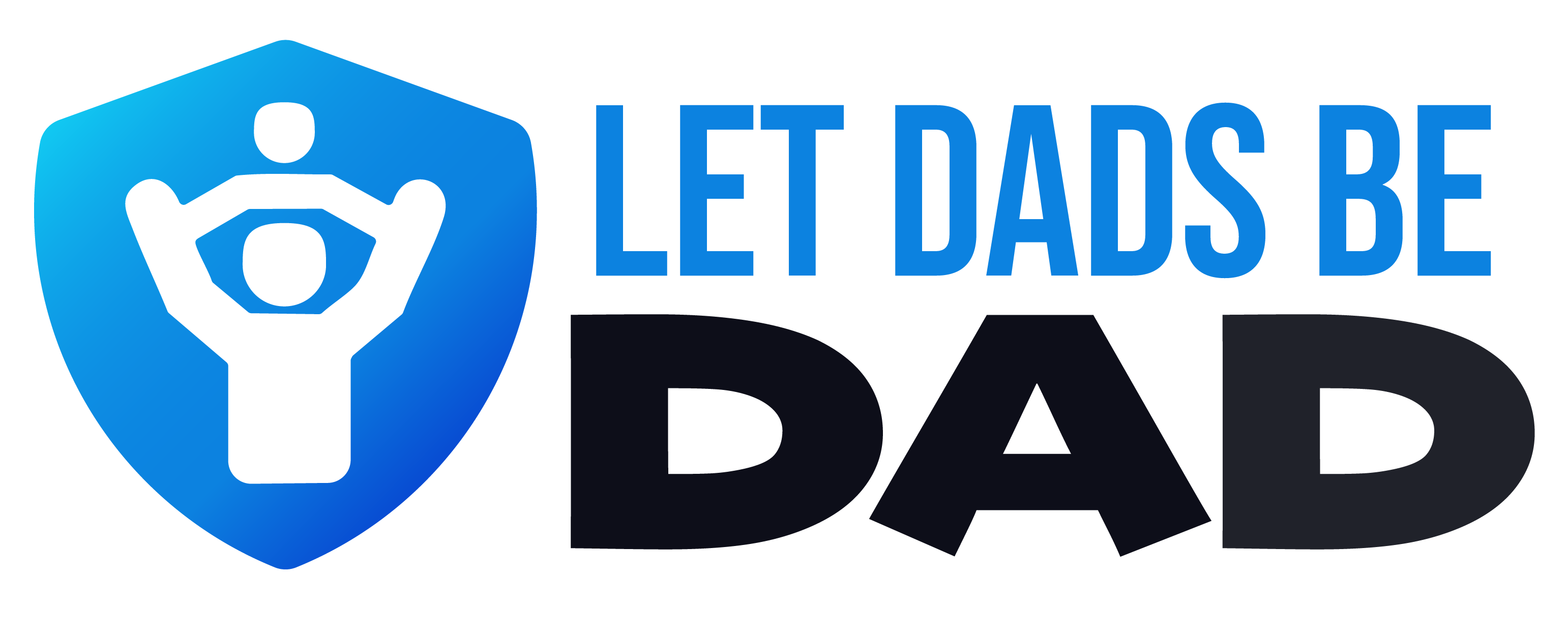Why The Hell Are 300,000 Preschoolers Getting Expelled Each Year?
— kate_sept2004/E+/Getty Images
Preschool is massively important for building social skills and giving kids a jumpstart on formal education. Recent findings show, for example, that preschool education can improve health and longevity and reduce persistent educational gaps, especially for kids from low-income households. But a new report from the American Academy of Pediatrics (AAP) shows that far too many kids aren’t getting the chance to reap the benefits of preschool — because they’re getting expelled.
According to the report, 300,000 children are expelled from preschool each year. The high expulsion rate disproportionately affects Black kids, boys, older kids, those with disabilities, and children who have experienced trauma.
The consequences of this are severe. “Children expelled from preschool or child care are ten times as likely to drop out of high school, experience academic failure and grade retention, have negative attitudes toward school, and are more likely to face incarceration,” the report reads.
Getting expelled means that a child not only misses out on classroom time, but also that the child’s family is often no longer able to receive any counseling or support services that the preschool offers, such as parenting support or so-called special education for children with disabilities.
The reasons cited for preschoolers getting expelled include physical impulsiveness, aggression, biting, defiance, and other disruptive behaviors — all of which can be due to behavioral disorders that aren’t adequately evaluated and treated. Additionally, parental stress, a history of trauma, family illness or death, and divorce are contributing factors that can heighten a child’s behavior at preschool.
The authors of the AAP report call for preschools to develop clear policies on suspension and expulsion — and eventually eliminate the practice. They also recommend more training for teachers to recognize implicit bias, manage behavior, and promote social-emotional regulation in preschoolers.
As Fatherly previously reported, studies show that preschool doesn’t just benefit individual children, but also society as a whole. A study in JAMA Pediatrics, for instance, found that kids who attended preschool were 48% more likely to obtain at least an associate’s degree. And a meta-analysis from The Brookings Institution found that every $9,000 spent on preschool in Chicago saved the city $42,000 in crime-related costs.
“The stakes are high for these children and for our society,” P. Gail Williams, M.D., another of the study’s co-authors and a developmental behavioral pediatrician at the Weisskopf Child Evaluation Center at the University of Louisville in Kentucky, said in a statement.
Although the report acknowledges the difficulty in working with kids who exhibit volatile and aggressive behavior like yelling, kicking, and biting, it is possible to teach these kids, as demonstrated by the federal Head Start program, which promotes school readiness for children from low-income families from birth to age 5. Head Start has much lower levels of expulsion than the other preschool programs studied, “due largely to rule changes in 2015 that severely limit suspensions, prohibit expulsions and require programs to engage a mental health consultant.” Head Start also invests significant time and effort into resources to help parents and educators better understand and respond positively to challenging behaviors.
“Preschool teachers need to recognize that problematic behaviors are a symptom and need to understand the underlying emotions that might need remediation,” report co-author Michael Yogman, M.D., a pediatrician in Cambridge, Massachusetts, said in the statement. Sidelining these children does nothing to benefit their development — and will likely only put them further behind.


